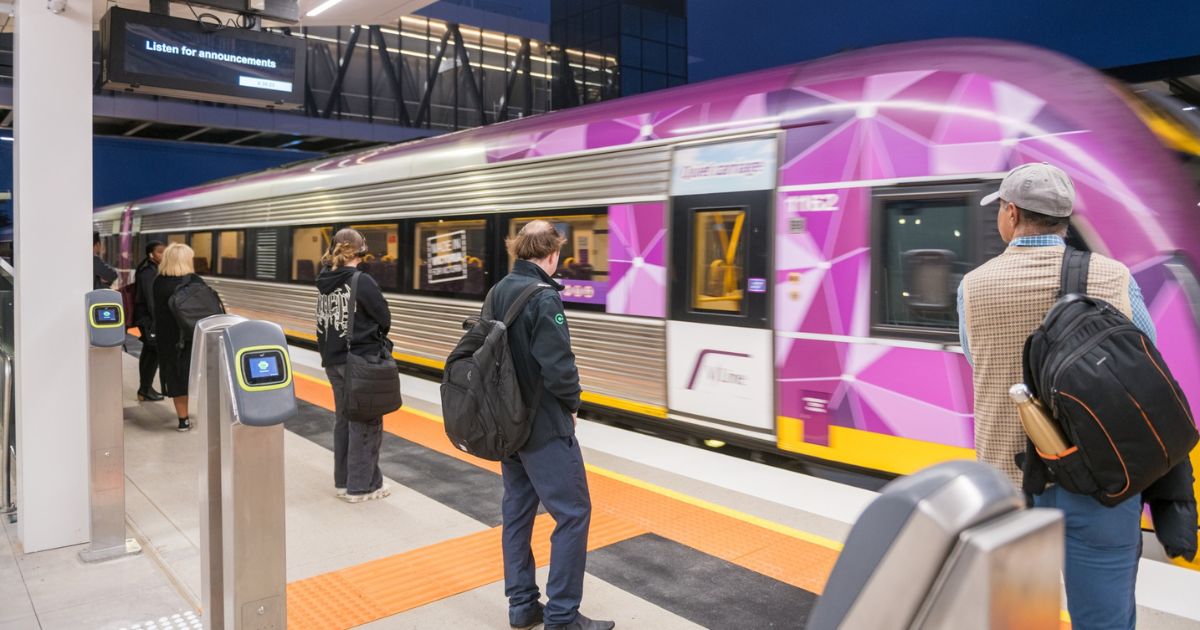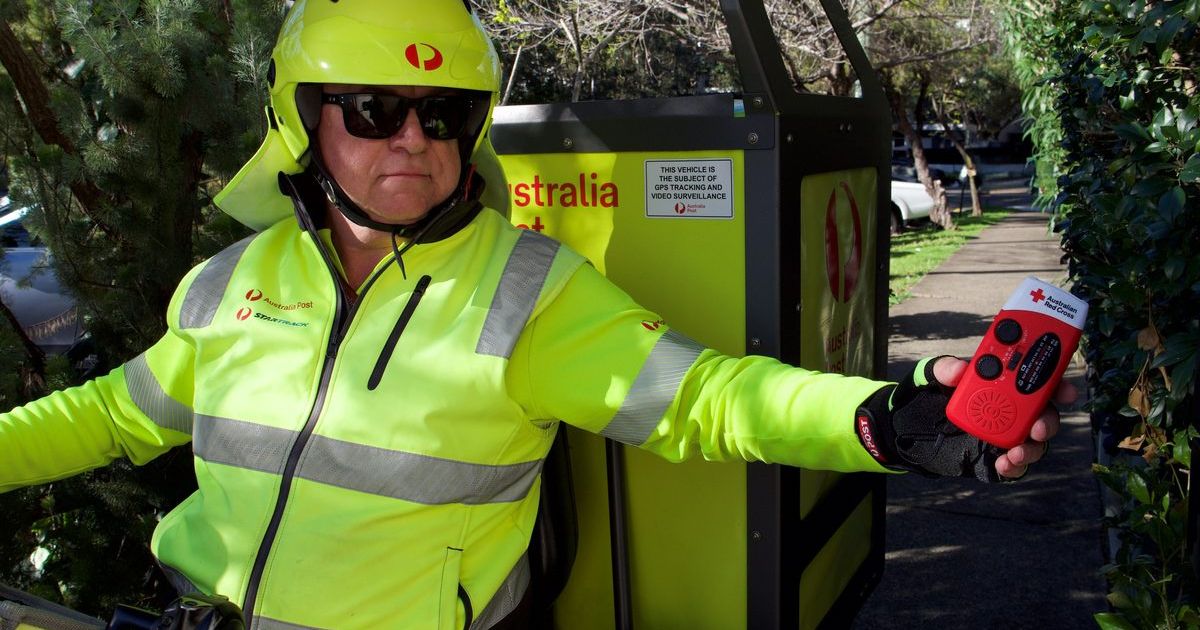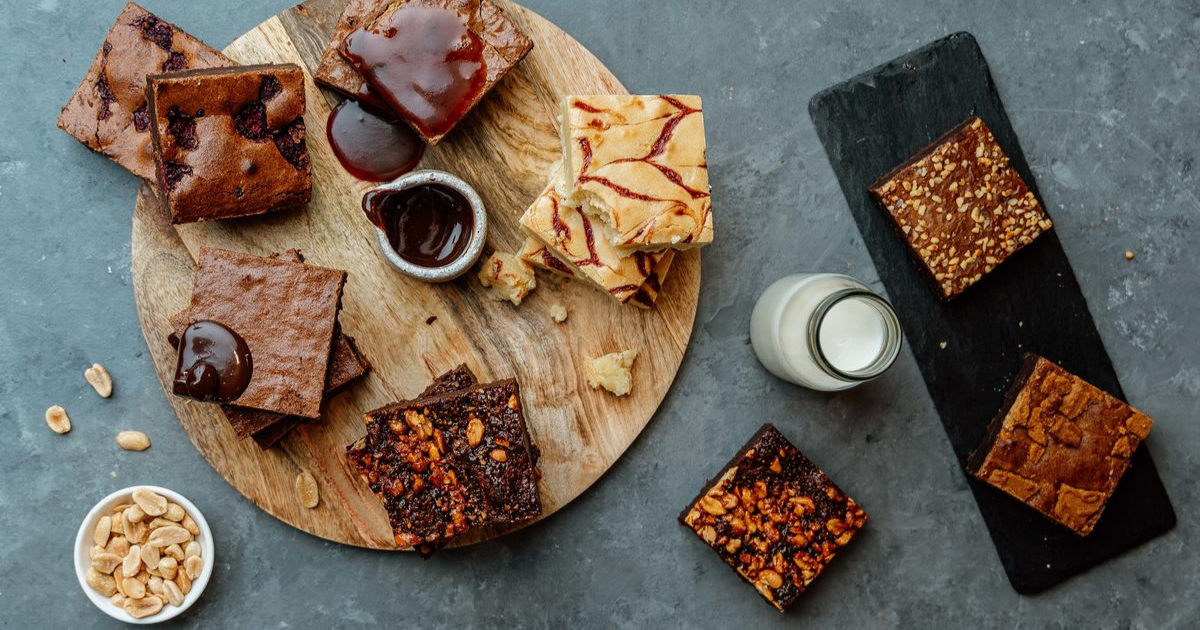Gambling help with refuge focus

Best bet: Bendigo Community Health Services has produced a series of resources designed to help refugees better understand gambling in the Australian content. Photo: FILE
MORE work needs to be done to protect refugees from the harms of gambling, according to Bendigo Community Health Services.
With the aim of addressing that issue, cultural diversity and relationships manager at BCHS Kaye Graves said almost two years of research has gone into producing a set of resources for local refugees aimed at minimising gambling harm.
She said Bendigo is home to 3000 to 3500 Karen people from Myanmar and about 300 to 400 Hazara and South Sudanese people.
“To provide optimal settlement, they need to understand their new environment as best they can and we need to provide the very best education and support,” Ms Graves said.
“These three groups come from countries that have been in civil war for 40 to 50 years. They’ve only ever known unrest, there’s been limited access to health and education, and life as we know it.”
“Living a life in a war-torn zone with enormous deprivation, means you can be at risk of things like gambling when you arrive, because it’s a new environment and you’re unaware of the consequences and evils of gaming and gambling.”
Ms Graves said refugees and people with low digital literacy can be susceptible to gambling, due to a lack of education and understanding, and the amount of marketing the industry puts out.
“For instance, gaming for young people, many of the parents of the refugee kids arrive with very little digital literacy so they might think their kids are doing homework but in fact they’re hooked on a game, and we know where that can lead,” she said.
The Victorian Responsible Gambling Foundation funded BCHS to undertake 18 months of research and help produce resources that are “helpful, easily understood and culturally safe.”
“We worked with content experts from the Victorian Responsible Gaming Foundation and co-designed some audio-visuals, some YouTubes and some hard copy booklets in language and set about facilitating community education sessions,” Ms Graves said.
BCHS will continue to look for funding opportunities to provide more education sessions for the refugee community.


















